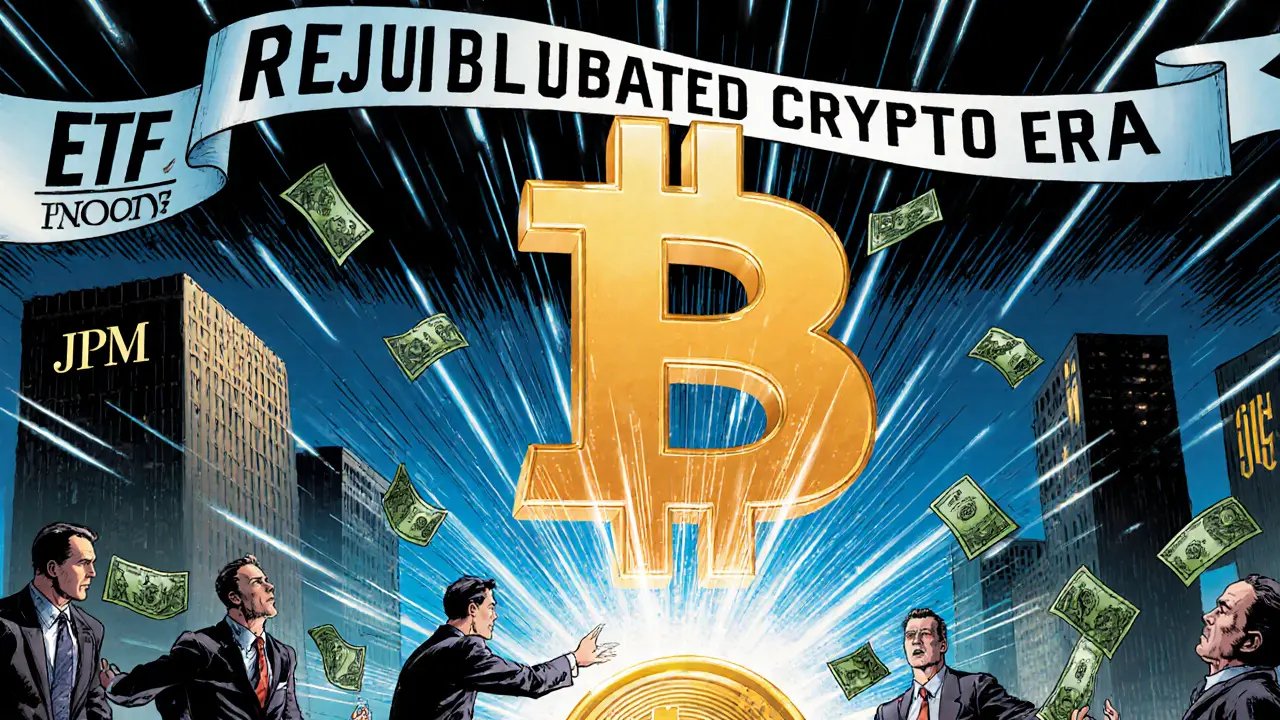Crypto Regulation: What It Means for Traders and Exchanges
When talking about Crypto Regulation, the set of rules and standards that govern how digital assets are created, traded, and used. Also known as digital asset compliance, it determines which tokens are legal, how exchanges must operate, and what reporting obligations users face. In practice, crypto regulation isn’t a single law; it pulls together many moving parts. Financial Services Agency (FSA), Japan’s chief regulator for financial markets sets strict licensing requirements for domestic exchanges and classifies tokens under the Payment Services Act. Meanwhile, the Financial Action Task Force (FATF), an intergovernmental body that creates anti‑money‑laundering standards pushes jurisdictions to adopt “travel rule” procedures, forcing crypto firms to share customer data across borders. Cryptocurrency bans, government prohibitions that make buying, selling or mining certain coins illegal appear in places like North Korea or tightly regulated economies, shaping where projects can launch. Finally, Exchange licensing, the official permission a platform needs to operate legally determines fee structures, security audits, and the ability to offer services such as staking or fiat on‑ramps. Together these entities create a web of compliance that traders and developers must navigate daily.
Key Areas to Watch
One of the biggest takeaways is how regulatory scopes differ by region. In Japan, the FSA’s focus on token classification leads to a clear split between securities‑type tokens and utility tokens, which directly affects whether a project can raise funds through an ICO. The UAE’s recent removal from the FATF grey list, for example, lowered banking costs for crypto firms and opened the door for more institutional participation. On the opposite end, countries with heavy bans force projects to seek offshore hosting, often complicating token distribution and increasing legal risk for investors. Exchange licensing also matters: platforms that secure a full‑service license can offer features like fiat deposits, insurance, and higher withdrawal limits, while those operating without a license might face sudden shutdowns or fines. For traders, the practical impact shows up in fee changes, withdrawal delays, and the need to keep KYC documents up to date.
Understanding these connections helps you stay ahead of market moves. If a new FATF guideline rolls out, expect exchanges to tighten onboarding checks, which could slow down airdrop claims or token swaps. When a jurisdiction tightens its bans, you’ll see price volatility in the affected coins as liquidity dries up. Meanwhile, licensed exchanges often roll out new products—such as regulated staking or futures—that can boost your portfolio’s upside if you’re ready to act. Below you’ll find a curated list of articles that break down real‑world examples: from Japan’s FSA oversight and the UAE’s FATF exit, to the toughest global bans and how individual exchanges comply with licensing rules. Dive in to see how the regulatory landscape shapes every corner of the crypto world.




